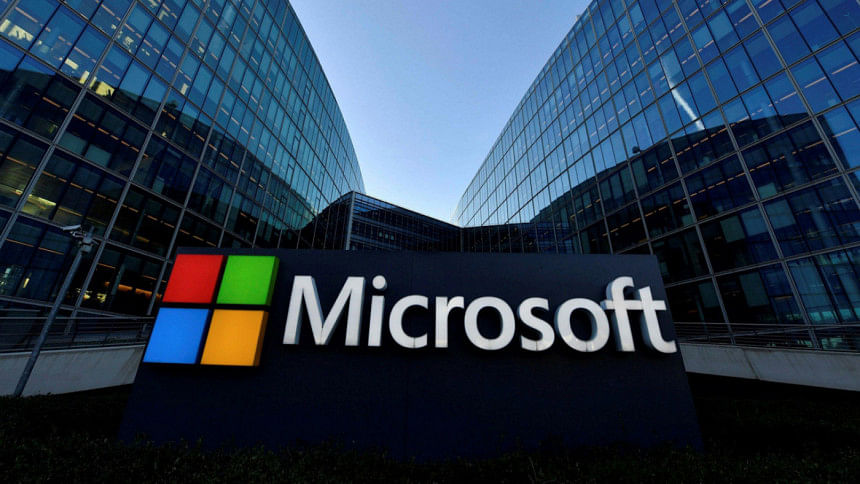Microsoft's next-gen AI chip production faces delay

Microsoft's plans to produce its next-generation Maia AI chip have hit significant delays, with mass production now pushed to 2026—at least six months behind schedule—according to a report by The Information.
The setback means Microsoft's in-house processor, codenamed Braga, will likely underperform Nvidia's market-leading Blackwell chips when it eventually launches, potentially extending the software giant's dependence on third-party AI hardware, suggests a report by Reuters on the matter.
The delay stems from unexpected design changes, staffing shortages, and high employee turnover within Microsoft's chip development team, the Information report revealed. Originally slated for deployment in Microsoft data centres this year, the Braga chip now faces a prolonged development timeline as the company struggles to keep pace with cloud rivals Amazon and Google in the race to develop competitive AI processors.
Microsoft first unveiled its Maia AI accelerator in November 2023 as part of its strategy to reduce reliance on expensive Nvidia GPUs. However, the company has lagged behind competitors in scaling production—Google already offers seventh-generation Tensor Processing Units, while Amazon plans to release its Trainium3 AI chip later this year. Microsoft declined to comment on the reported delays when contacted by Reuters.
The development highlights the technical challenges facing even deep-pocketed tech giants as they attempt to disrupt Nvidia's dominance in AI hardware. With Braga's performance reportedly falling short of Nvidia's current Blackwell architecture, Microsoft may need to continue supplementing its data centres with third-party chips even after its custom processor finally launches, suggests the Reuters report.

 For all latest news, follow The Daily Star's Google News channel.
For all latest news, follow The Daily Star's Google News channel. 








Comments